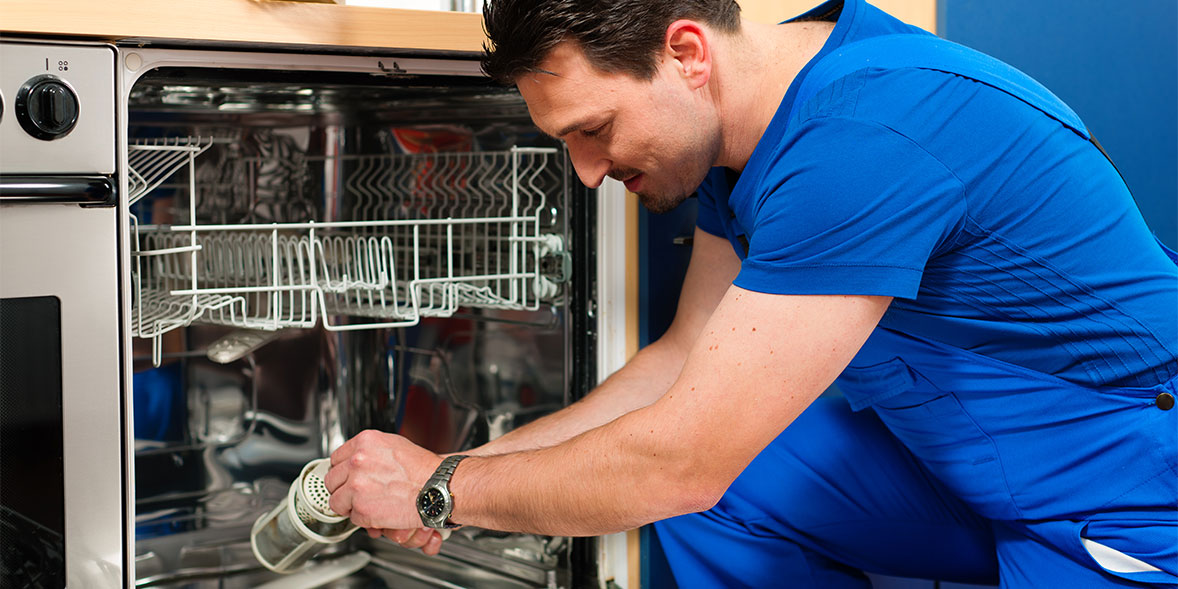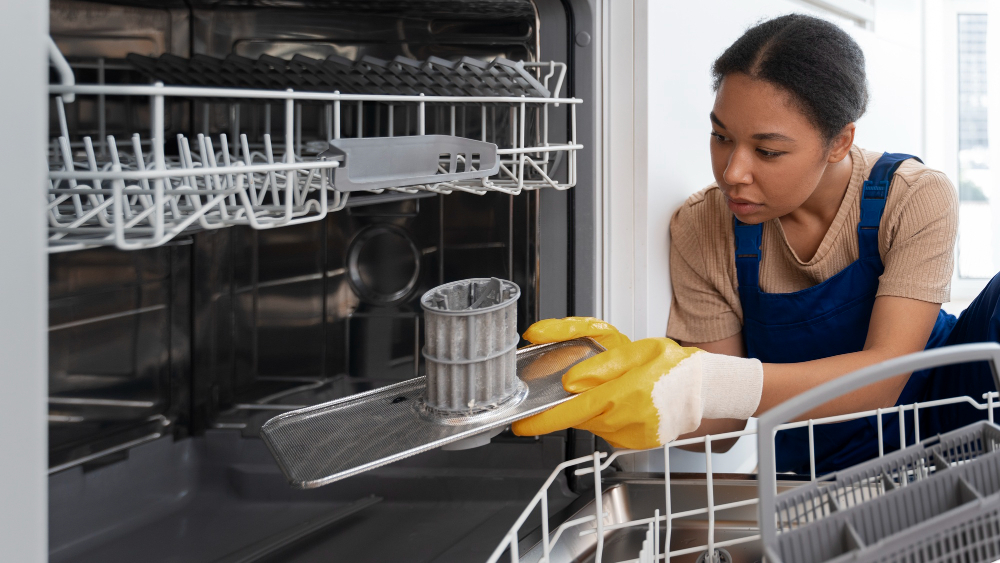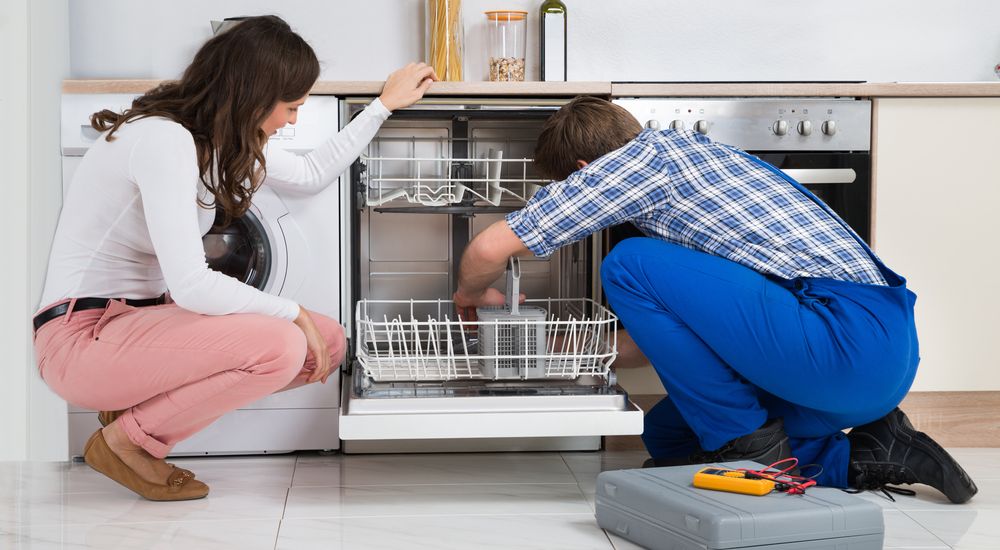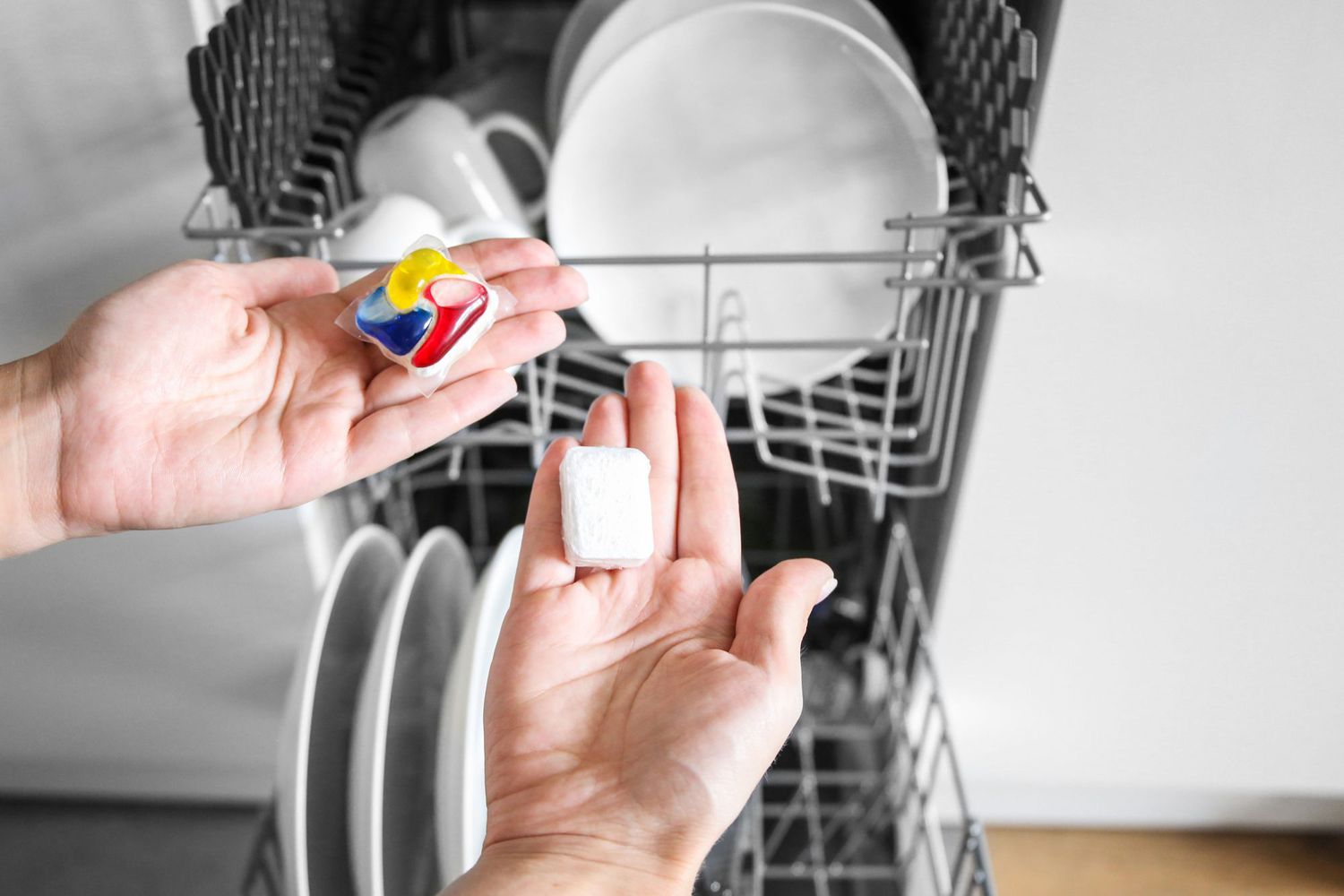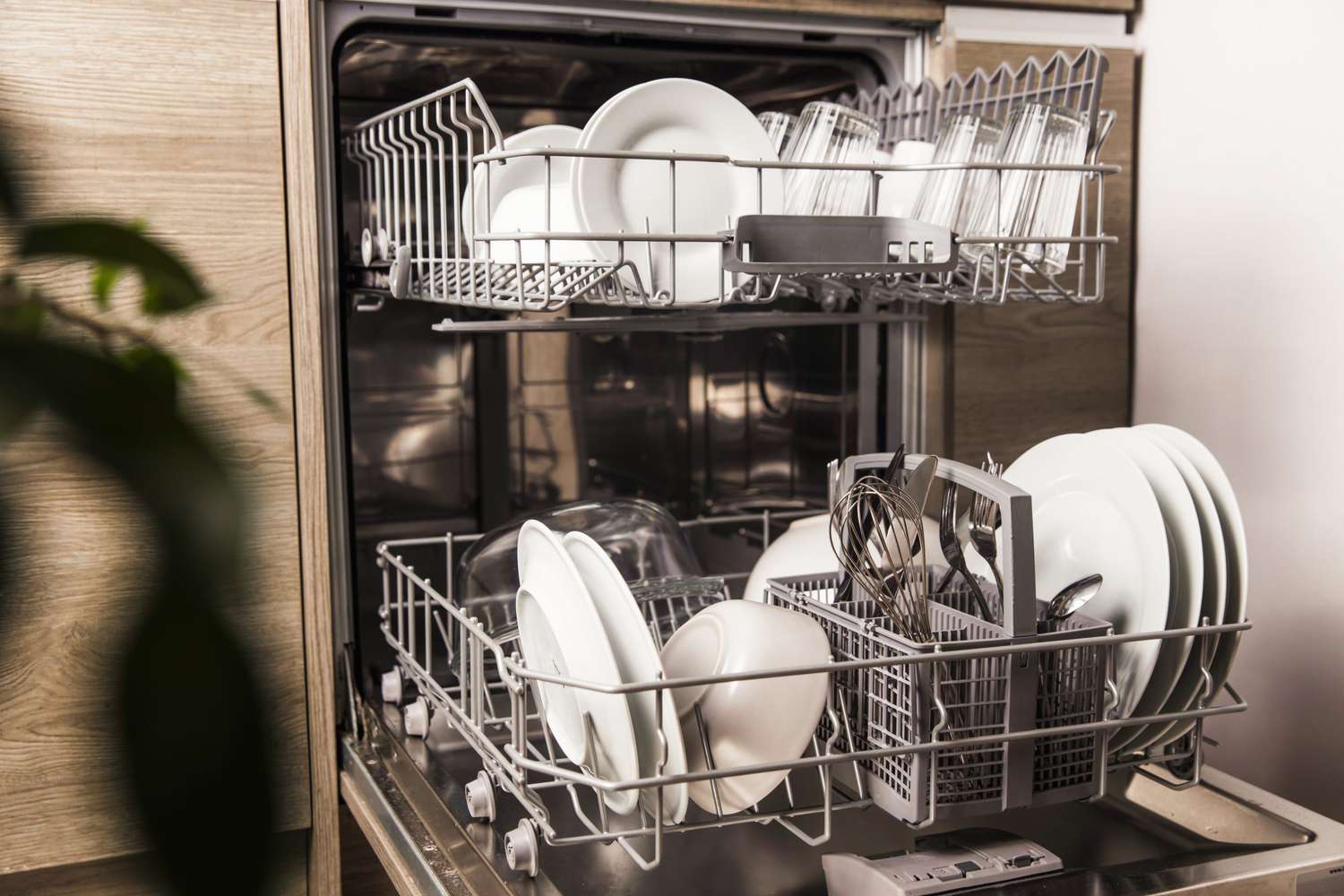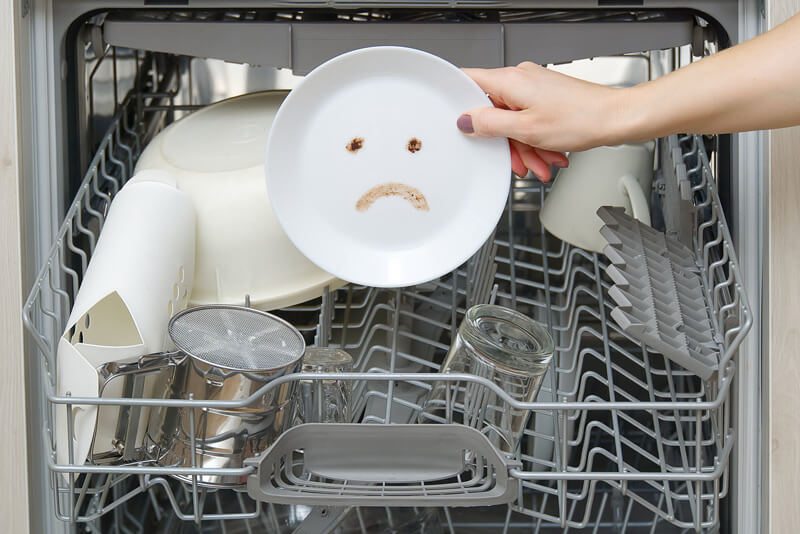
Avoiding Common Dishwasher Problems: A Handy Guide
Have you ever loaded your dishwasher only to discover grimy dishes at the end of the cycle? You’re not alone! This guide will help you tackle common dishwasher issues with practical tips on detergent selection, loading techniques, and essential maintenance practices. We’ll also discuss frequent malfunctions and how to troubleshoot them, equipping you with the knowledge to determine when a professional is needed. By following these insights, you’ll save time, avoid the hassle of hand-washing, and keep your dishwasher performing at its best.
Recognizing and Preventing Common Dishwasher Problems
Having repaired countless dishwashers, I’ve seen it all—from clogged drains to unexpected leaks. The key to avoiding these issues lies in recognizing early warning signs. Whether it’s strange noises or water pooling at the bottom, being proactive can save you time and money. Here are some common signs to watch out for:
Signs of Trouble: What to Look For
- Water Not Draining: If you notice water pooling at the bottom of the dishwasher, it could indicate a clogged drain or filter filled with food debris or hard water deposits. Ignoring this can lead to leaks, which is something no one wants to deal with.
- Unusual Noises: A properly functioning dishwasher should hum quietly. If you hear grinding or thumping sounds, it may mean that dishes are obstructing the spray arm or that the pump requires attention. Here’s what to do:
- Check for dislodged dishware blocking the spray arm.
- Ensure dishwasher racks are properly aligned.
- Pay attention to noise changes between cycles; this may indicate pump or motor issues.
Common Causes of Dishwasher Failures
- Improper Detergent Use: Using too much detergent or the wrong type can create excess foam, leaving residues on dishes and straining the pump. This can reduce your machine’s lifespan and result in cloudy glassware.
- Hard Water: Hard water can leave mineral deposits that clog jets and filters, making the pump work harder and increasing wear and tear. Regular cleaning of jets and filters is essential for maintaining your dishwasher’s efficiency.
Preventative Maintenance Tips
Taking proactive steps can help you avoid common dishwasher issues:
- Use the Right Detergent: Always choose a detergent compatible with your dishwasher and follow the recommended dosage. Excess soap can build up and block valves and hoses, reducing efficiency.
- Check the Door Gasket: This seal can wear out over time. Regularly inspect and clean it to prevent leaks. Replace it promptly if you notice any damage.
- Inspect Hose Connections: Check connections every few months to ensure they’re tight and in good condition.
By keeping an eye on these areas, you can help your dishwasher run smoothly for years, avoiding constant repairs and the need for manual re-washes.
Maintaining a Clean and Efficient Dishwasher
Regular maintenance not only extends your dishwasher’s lifespan but also ensures it operates quietly and efficiently. Here are essential practices to optimize your appliance’s performance:
Clean the Filter Regularly
A clogged filter can impede water flow and stress the heating element, leading to leaks. I recommend cleaning your dishwasher’s filter monthly. This simple task can prevent clogs and ensure effective cleaning while reducing energy consumption.
Remove Hard Water Deposits
To combat mineral buildup from hard water, consider using a dishwasher-safe descaling agent or a homemade solution of vinegar and baking soda. Here’s how:
- Fill a dishwasher-safe container with a cup of vinegar and place it on the top rack. Run a hot-water cycle.
- After that, sprinkle a cup of baking soda across the bottom and run a short, hot-water cycle.
- For persistent hard water issues, consider installing a water softener.
Wipe Down Interior Parts
To prevent mold and odors, regularly wipe down the door gasket and detergent dispenser with a mixture of warm water and vinegar. This helps remove residues that cause unpleasant smells.
Choosing the Right Detergent for Optimal Performance
Using the correct detergent is crucial for maintaining efficiency. Always check the detergent label to ensure it matches the manufacturer’s recommendations. Avoid overusing detergent, as this can lead to residue buildup and increase wear and tear on the machine.
Use Rinse Aids
Incorporating rinse aids into your routine can enhance drying efficiency and prevent water spots on dishes. Rinse aids help disperse water droplets evenly, ensuring a spotless finish.
Loading Your Dishwasher Correctly
Proper loading is key to your dishwasher’s effective function. Follow these tips for optimal cleaning results:
- Place Dishes Properly: Ensure dishes are spaced out and angled toward the spray arms to optimize washing. Larger items should go in the back, with delicate items centered to prevent damage.
- Avoid Blocking Spray Arms: Arrange plates and pots so they don’t obstruct the spray arms and water jets. Before starting the dishwasher, check that the spray arms can move freely.
- Separate Silverware: Take a moment to separate forks, knives, and spoons to prevent scratches and allow for better cleaning. Place utensils in the designated basket with some handles up and others down to ensure thorough exposure to water and detergent.
By following these tips, you can optimize your dishwasher’s performance and enjoy spotless dishes every time. If you encounter persistent issues, consult a professional to keep your appliance in top shape.
Regular Maintenance Tips for a Problem-Free Dishwasher
To keep your dishwasher running smoothly, regular inspections and maintenance are essential:
- Inspect Seals and Gaskets: Check for leaks or wear to prevent water damage to your kitchen. Minor cracks or stiffness in seals can escalate into significant issues.
- Keep Spray Arms Clean: Ensure they’re clear of food particles and mineral buildup to maintain even water and detergent distribution.
- Schedule Professional Maintenance: Regularly scheduled maintenance can help uncover potential problems before they escalate. Consider bi-annual check-ups by a skilled technician to ensure your dishwasher operates efficiently.
Troubleshooting Frequent Dishwasher Malfunctions
If your dishwasher isn’t draining, isn’t drying dishes properly, or is making unusual noises, here are some strategies to troubleshoot common issues:
- Address Draining Issues: If your dishwasher won’t drain, first check for a clogged filter or hose. Disconnect the appliance and examine the drain basket and hose for obstructions.
- Resolve Drying Problems: Ensure you’re using rinse aids and that the dishwasher isn’t overloaded, which can impede airflow. Position larger items on the sides and avoid overlapping.
- Identify Unusual Noises: Pay attention to strange sounds and listen for changes during cycles. Obstructions or loose items can cause these noises. If the issue persists, consult a professional for inspection.
Frequently Asked Questions
- What are the most common dishwasher problems?
Water leakage, incomplete cycles, dirty dishes, and loud noises are the most frequent issues. - How do I maintain a dishwasher?
Regularly clean filters, descale, and run a hot-water cycle with vinegar. - Which type of detergent is best?
Enzyme-based, phosphate-free detergents in tablet or pod form are recommended for optimal performance. - How should I load my dishwasher?
Place fragile items on the top rack and angle dishes downward for better spray exposure. - What should I check regularly?
Inspect spray arms for clogs, wipe down the door gasket, and clean filters to prevent blockages.
Conclusion
Proper maintenance and usage of your dishwasher are key to ensuring its functionality and extending its service life. Regular cleaning, using the right detergents, and careful loading can enhance performance and efficiency. By promptly addressing common issues like drainage problems or unusual noises, you can maintain high-quality cleaning results. This guide equips you with the knowledge to keep your dishwasher an invaluable asset in your kitchen routine.
